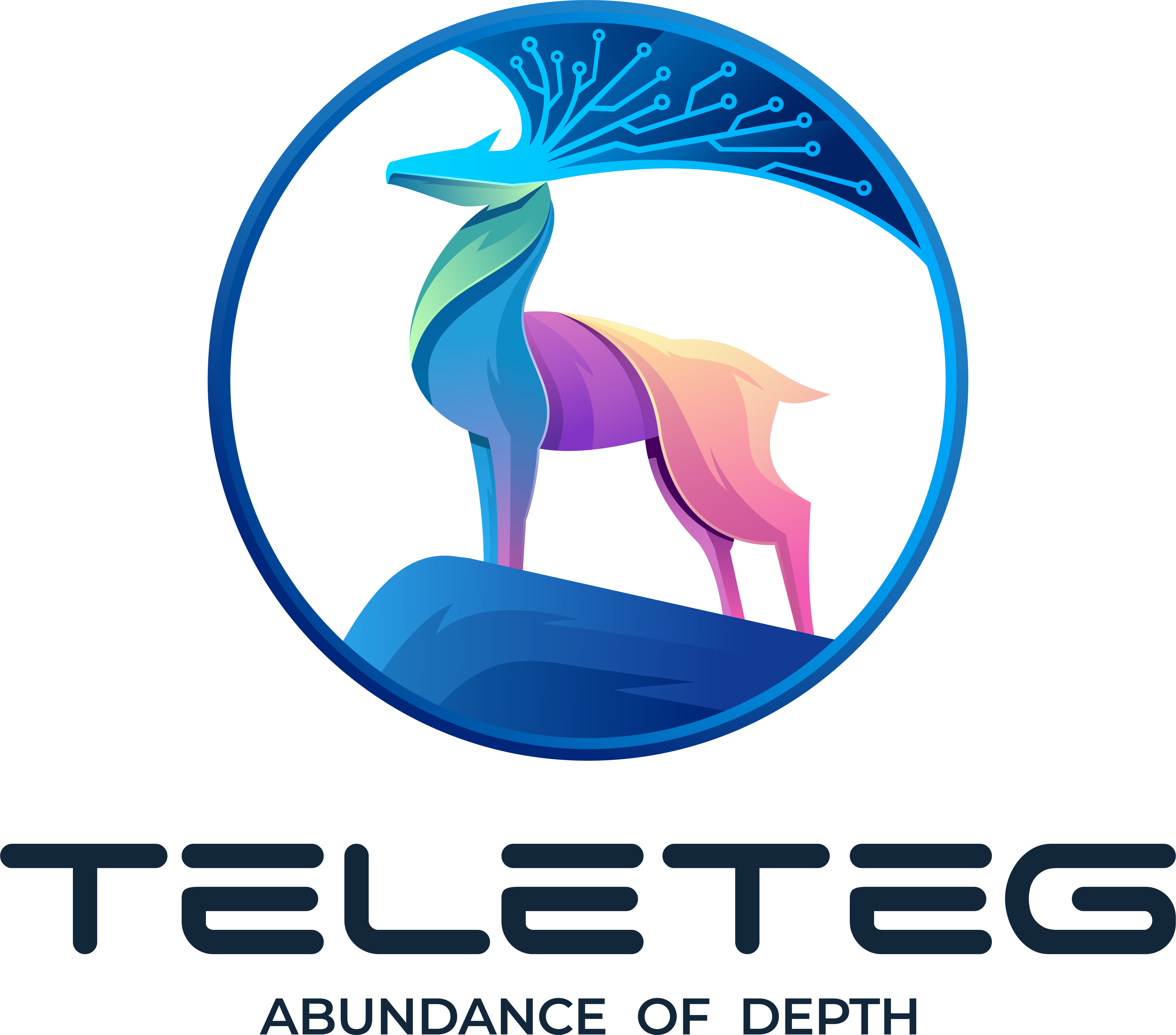Have you ever stopped to think about how important media can be for people living far from their homeland? It's a very big deal, actually. For many, a connection to their culture, their language, and their community is something they really need, you know, to feel at home even when they're thousands of miles away. Somali channels, in a way, play a truly special part in this, offering a window back to their roots and keeping traditions alive for so many people.
It's almost like these channels act as a vital lifeline, bringing the daily happenings, the stories, and the unique rhythms of Somali life right into living rooms across the globe. They are, in some respects, more than just television or radio; they are community hubs, places where shared experiences and cultural nuances are celebrated and preserved. This is, you know, a very important aspect for diaspora communities who might otherwise feel a bit disconnected from their heritage.
So, when we talk about a "wasmo somali channel," we're really thinking about how these platforms serve a broader purpose. They are, quite simply, crucial for sharing news, entertaining folks, and teaching younger generations about their rich history and vibrant culture. It's truly fascinating how media can bridge such distances, offering comfort and a sense of belonging to so many people.
Table of Contents
- The Heart of Somali Media: Connecting People
- What You Can Find on Somali Channels
- Keeping Language and Heritage Alive
- The Challenges and New Paths for Somali Channels
- The Future Looks Bright for Somali Media
- Frequently Asked Questions About Somali Channels
The Heart of Somali Media: Connecting People
The idea of a Somali channel, or "wasmo somali channel" as some might search for it, points to a really deep need for connection within the Somali community, particularly for those living outside of Somalia. You see, for many, these channels are not just about watching something; they're about feeling a part of something bigger. They are, basically, a link to home, a way to stay informed about what's happening back in Somalia, and to keep up with events in the wider Somali diaspora. It's quite amazing, actually, how much impact a single media outlet can have on people's daily lives.
These platforms often serve as a meeting point, a place where shared stories and experiences are exchanged. Think about it: if you're living in, say, London or Minneapolis, and you want to hear the news from Mogadishu, or perhaps enjoy a traditional Somali song, these channels are your go-to. They help maintain a collective memory and a sense of shared identity, which is, you know, incredibly important for any community scattered across the globe. So, in a way, they foster a very strong sense of togetherness.
They also play a big part in community building. Many channels feature discussions, interviews, and even call-in segments that allow viewers to engage directly. This kind of interaction helps to strengthen social bonds and allows people to talk about things that matter to them, whether it's local issues, global events, or cultural celebrations. It's a powerful tool, really, for bringing people closer, even when they are physically far apart. That, is that, a pretty neat thing for sure.
- Crazyjamjam Leaks
- Wentworth Millers Wife Now 2025
- Eva Maxim
- How Old Is Bobby Shermans Wife Bridget
- Cindi Knight
What You Can Find on Somali Channels
When you tune into a Somali channel, you'll discover a really wide array of content, much like any other national broadcasting service, but with a distinct Somali flavor. You'll find, for instance, daily news reports that cover both domestic and international events, often with a particular focus on issues relevant to Somalia and its diaspora. This is, you know, crucial for keeping people informed about their homeland and the world around them. They tend to be very good at this, actually.
Beyond the news, there's often a rich selection of cultural programs. These might include documentaries about Somali history, traditional music performances, poetry readings, and even cooking shows that highlight the country's unique culinary heritage. It's a wonderful way, really, for people to connect with their roots and to learn more about the traditions that have shaped their identity. This kind of content is, in some respects, invaluable for cultural preservation.
And then there's the entertainment side. You might come across Somali dramas, comedies, or talk shows that feature local personalities and discussions on everyday life. These programs provide a sense of familiarity and comfort, offering a little piece of home to viewers wherever they are. It's almost like a daily dose of cultural affirmation, which is, you know, something many people truly appreciate. So, they really offer a lot of different things.
Keeping Language and Heritage Alive
One of the truly significant roles of Somali channels is their part in preserving the Somali language. For families living outside of Somalia, especially for younger generations, maintaining fluency in their mother tongue can be a real challenge. These channels provide a constant exposure to spoken Somali, which is, basically, vital for language retention. It's like a daily language lesson, but much more engaging and natural, you know.
Children growing up in different countries might not have many opportunities to hear Somali spoken regularly outside of their homes. So, watching programs in Somali, whether it's cartoons, educational shows, or even just news broadcasts, helps them to develop a better grasp of the language. It's a pretty big deal, actually, for ensuring that the language continues to thrive across generations. This exposure really makes a difference.
Beyond language, these channels are also guardians of Somali heritage. They often feature stories, songs, and customs that have been passed down through generations, making sure these traditions don't fade away. They might showcase traditional dances, historical narratives, or discussions about Somali values and ethics. This is, in a way, like a living archive, constantly reminding people of their rich cultural legacy. It's a very powerful tool for cultural continuity, you know, for keeping those ancient threads connected to the present.
The Challenges and New Paths for Somali Channels
Running a Somali channel, like any media venture, comes with its own set of challenges, you know. Funding, for instance, can be a constant struggle. Many of these channels operate on limited budgets, relying on community support, advertising, or sometimes even donations to keep going. It's a bit of a tightrope walk, really, trying to produce quality content with not always enough resources. That, is that, a pretty common hurdle for many smaller media outlets, too.
Another big challenge is reaching a dispersed audience. Somalis live all over the world, so channels need to figure out how to get their content to different time zones and through various distribution platforms. This means embracing digital technologies, like streaming online and using social media, which requires different skills and investments. It's a rapidly changing landscape, and keeping up can be tough, you know.
However, these challenges also open up new paths. The rise of the internet and social media has made it easier for smaller channels to reach a global audience without the huge costs of traditional broadcasting. Many Somali channels are now using platforms like YouTube, Facebook, and even dedicated apps to deliver their content, which is, basically, a game-changer. This allows for more interactive content and a wider reach, which is pretty exciting, actually. Learn more about the media landscape in Somalia and the diaspora.
The Future Looks Bright for Somali Media
The future of Somali channels, including what some might call a "wasmo somali channel," seems to be leaning heavily into the digital world, which is, you know, a very good thing. With more people accessing content on their phones and computers, these platforms can connect with audiences in ways that were impossible just a few years ago. This shift means more personalized content and easier access for everyone, no matter where they are. It's a pretty exciting time, really, for media consumption.
There's also a growing trend towards user-generated content and more interactive programming. Imagine community members sharing their own stories, videos, or even live streams directly through these channels. This fosters a deeper sense of ownership and participation, making the channels even more relevant and engaging for the audience. It's, in a way, like turning viewers into contributors, which is a very powerful concept for community media. Learn more about community media initiatives on our site.
Ultimately, these channels will continue to be a vital part of the Somali identity and community. They will adapt, grow, and keep finding new ways to connect people, preserve culture, and inform. The dedication of those who run these channels, and the loyalty of their viewers, suggest a very bright future indeed. It's a testament, you know, to the enduring power of media to bring people together. You can also link to this page for more insights into cultural preservation through digital platforms.
Frequently Asked Questions About Somali Channels
What kind of programs can I expect to see on Somali channels?
You can find a really wide range of programs, actually. This includes daily news updates about Somalia and the wider world, cultural shows featuring traditional music, poetry, and history, and even entertainment like dramas, comedies, and talk shows. They also often have educational content and discussions on community issues, which is, you know, very helpful for staying connected.
How do Somali channels help preserve the Somali language for younger generations?
They play a very important part, really. By providing constant exposure to spoken Somali through various programs, these channels help children and young adults living outside of Somalia to maintain and improve their fluency. It's like a daily immersion, making it easier for them to learn and practice the language in a natural setting, which is, basically, crucial for language retention.
Are Somali channels available globally, and how can I access them?
Many Somali channels are indeed available globally, especially with the rise of digital platforms. You can often access them through online streaming services, dedicated websites, and popular video-sharing platforms like YouTube. Some might also have mobile apps, making it pretty easy to watch their content from almost anywhere in the world, which is, you know, very convenient for the diaspora.
Related Resources:



Detail Author:
- Name : Emma Jacobi
- Username : stokes.rodolfo
- Email : esmeralda28@hotmail.com
- Birthdate : 1981-11-28
- Address : 957 Donnelly Cliffs Apt. 302 Veumstad, NY 20726
- Phone : 1-463-680-0334
- Company : Wolf-Gislason
- Job : Visual Designer
- Bio : Amet illo alias aut laudantium nostrum non. Quo error ut sint perferendis magni sequi expedita. Ex rem iure debitis quis.
Socials
linkedin:
- url : https://linkedin.com/in/adolphusdibbert
- username : adolphusdibbert
- bio : Omnis omnis et quia provident nisi dolorem.
- followers : 6178
- following : 566
twitter:
- url : https://twitter.com/adolphusdibbert
- username : adolphusdibbert
- bio : Qui non quae sit ratione. Iste velit non amet temporibus magni. Quasi incidunt est et fuga consequuntur est.
- followers : 734
- following : 493
instagram:
- url : https://instagram.com/adolphus9119
- username : adolphus9119
- bio : Corrupti voluptatum quis esse quod voluptatum aliquid voluptas. Ut eum saepe neque voluptatem.
- followers : 4584
- following : 427
tiktok:
- url : https://tiktok.com/@dibberta
- username : dibberta
- bio : Qui eveniet reprehenderit et consectetur tenetur.
- followers : 655
- following : 2790
facebook:
- url : https://facebook.com/dibberta
- username : dibberta
- bio : Illum tempora pariatur possimus corporis ducimus quis sequi.
- followers : 6182
- following : 686